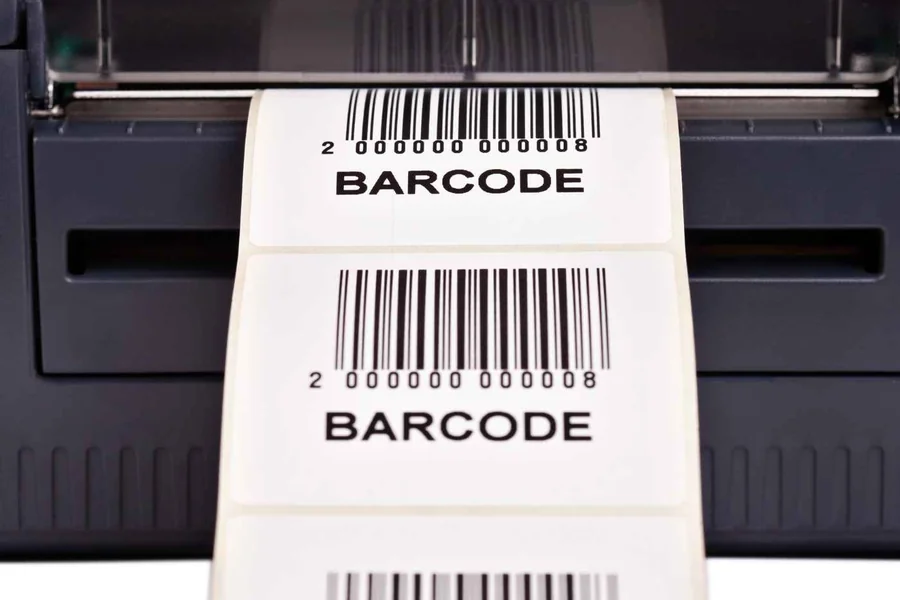Product labeling represents far more than simply identifying contents or meeting regulatory requirements. Labels serve as critical marketing tools, brand ambassadors, and information delivery systems that influence purchasing decisions while ensuring compliance and traceability throughout supply chains.
Professional label technology delivers capabilities, quality, and efficiency that basic labeling approaches cannot match. Understanding the advantages of investing in advanced labeling systems helps businesses recognize how quality equipment pays for itself through improved operations, enhanced brand presentation, and reduced long-term costs.
Enhancing Brand Image and Product Appeal
Professional design capabilities in advanced labeling systems create visually stunning labels that capture attention on crowded retail shelves. High-resolution printing, vibrant colors, and intricate graphics elevate product presentation beyond what basic systems can produce.
Color accuracy through calibrated printing systems ensures brand colors appear consistently across all product labels. This consistency strengthens brand recognition while maintaining professional appearance that builds customer trust.
Finishing options including metallic effects, textured materials, and special coatings create premium appearances that justify higher price points. Quality label technology enables sophisticated finishing techniques that differentiate products from competitors.
Customization flexibility allows seasonal variations, limited editions, and personalized labels that create marketing opportunities. Advanced systems adapt quickly to design changes without sacrificing quality or efficiency.
Improving Operational Efficiency and Speed
Production throughput increases dramatically with professional labeling equipment that applies labels quickly and accurately. Automated systems handle high volumes that manual labeling cannot match while maintaining consistent quality.
Changeover speed between different label designs or products minimizes downtime in manufacturing operations. Modern label technology supports rapid transitions that keep production lines running efficiently.
Error reduction through automated application and verification systems prevents mislabeling that creates costly recalls and compliance problems. Quality systems include checks that catch errors before products leave facilities.
Labor cost savings result from automation that eliminates manual labeling positions. While equipment requires investment, reduced labor needs provide ongoing cost benefits that accumulate over time.
Ensuring Regulatory Compliance and Traceability
Compliance capabilities built into professional label technology help businesses meet complex regulatory requirements across different markets and jurisdictions. Advanced systems accommodate changing regulations without major overhauls.
Variable data printing enables unique identifiers, batch codes, and traceability information on every label. This capability supports recall management and supply chain tracking that regulations increasingly mandate.
Documentation features in sophisticated labeling systems maintain records of what was printed when and on which products. This audit trail proves invaluable during inspections or quality investigations.
Multi-language support allows single equipment platforms to produce labels for international markets. This flexibility reduces complexity in global operations while ensuring consistent quality across regions.
Providing Long-term Durability and Reliability
Equipment longevity in professional labeling systems delivers years of reliable service that budget alternatives cannot match. Quality construction withstands demanding production environments while maintaining performance.
Maintenance efficiency with well-designed systems minimizes downtime and repair costs. Professional equipment includes diagnostic features that simplify troubleshooting and preventive maintenance.
Parts availability from established manufacturers ensures repairs can be completed quickly without extended production interruptions. Quality equipment suppliers maintain parts inventory and technical support that keeps systems running.
Upgrade pathways allow adding capabilities as business needs evolve without replacing entire systems. Modular professional equipment grows with businesses rather than requiring complete replacement.
Supporting Sustainable Business Practices
Material efficiency in modern labeling technology reduces waste through precise application and minimal material usage. Optimized processes decrease environmental impact while lowering material costs.
Energy consumption in efficient labeling equipment supports sustainability goals while reducing operational costs. Modern systems accomplish more work with less energy than older or budget alternatives.
Recyclable materials compatibility with advanced systems allows businesses to use sustainable label stocks that appeal to environmentally conscious consumers. Quality equipment handles diverse materials including recyclable and biodegradable options.
Waste reduction through accurate application and reduced errors supports both environmental and financial goals. Less waste means lower disposal costs and improved sustainability metrics.
Maximizing Return on Investment
Professional labeling technology delivers value through multiple channels including enhanced brand presentation, operational efficiency, compliance support, and long-term reliability. These benefits combine to provide returns that justify equipment investments.
While initial costs exceed basic labeling approaches, the comprehensive advantages of professional systems typically produce positive returns within reasonable timeframes. Improved efficiency, reduced labor, enhanced product appeal, and compliance capabilities create value that compounds over equipment lifespans.
For businesses serious about product presentation, operational excellence, and sustainable growth, professional labeling technology represents strategic investments rather than expenses. The capabilities and performance of quality systems support business objectives while providing competitive advantages that basic approaches cannot deliver.
Quality label technology transforms labeling from necessary overhead into strategic advantage that enhances brands, streamlines operations, and supports business success in competitive markets.





